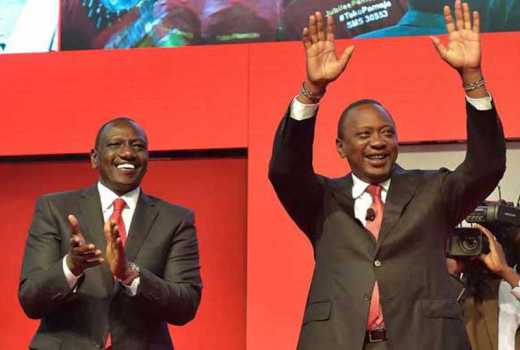
Jubilee’s 2018 Budget Policy makes for interesting reading. The underlying theme of the policy is the “Big Four Plan.” The Big Four Plan aims at creating jobs, achieving food security, providing free health coverage for all Kenyans and the construction of five hundred thousand affordable new houses for Kenyans by 2022. Like every government policy, the Big Four Plan looks good on paper. However, the question we must all ask of it and of the government is whether the plan is achievable or will it be another big flop.
National Treasury projects that revenue collection for the 2018/2019 financial year will be 18 per cent of GDP. The financing of the budged from external and internal debt will be more than 50 per cent of GDP. By and large, the budget for the 2018/2019 financial year will be financed by debt.